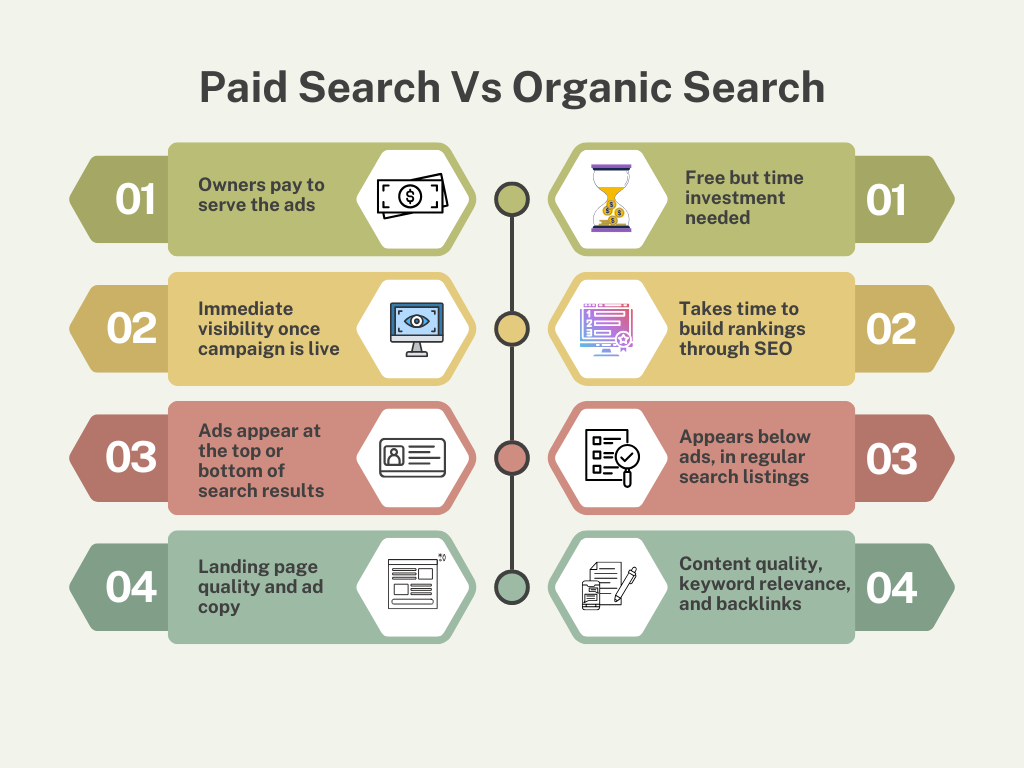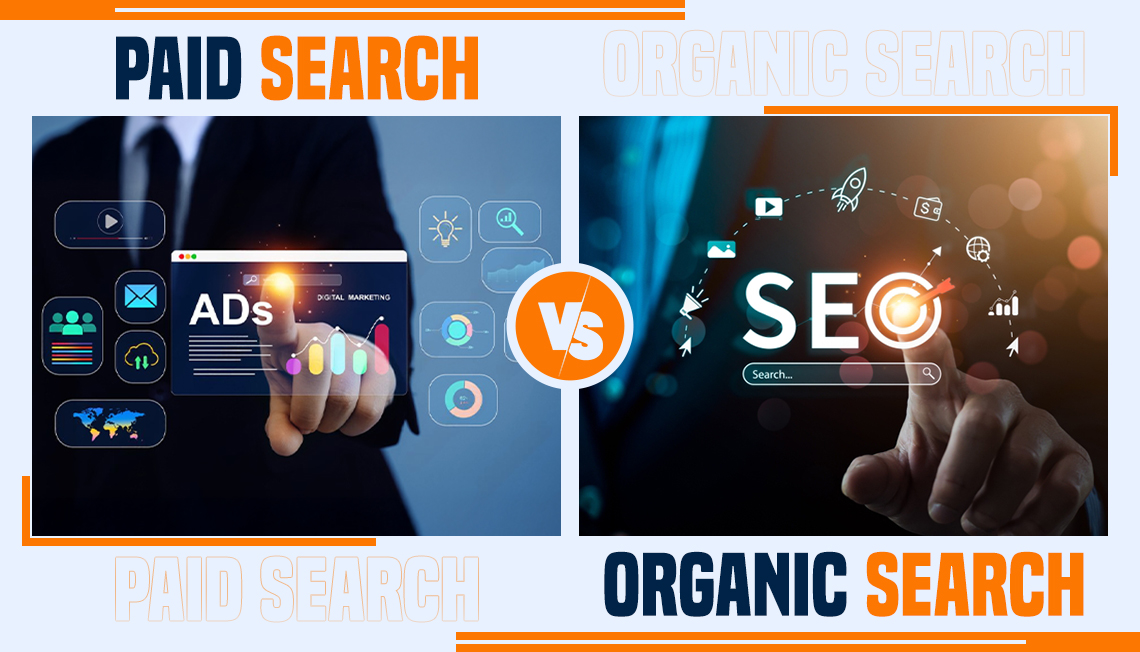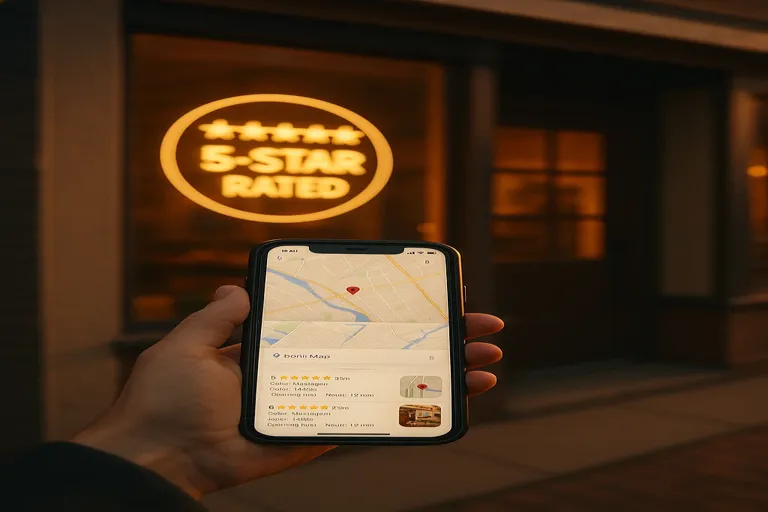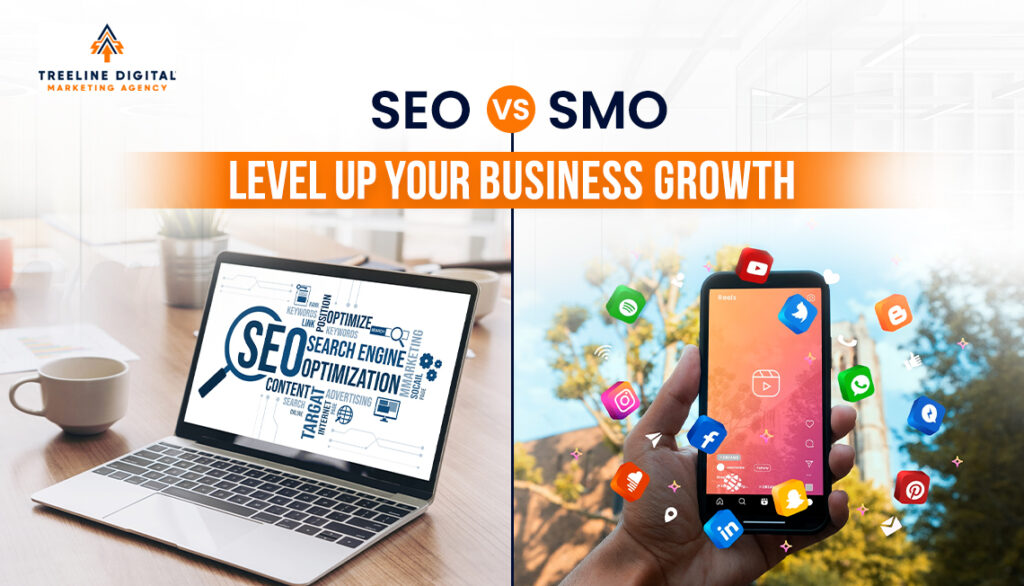Organic and paid search are two distinct methods that bring potential customers to your website. Both are identical in a lot of metrics. They promise distinctive advantages for businesses that rely on consistent online traffic.
Online traffic arrives from various sources. Organic and paid search are two of your business’s most dynamic sources. A clear understanding of the differences between paid vs. organic search is essential if you have an online presence.
Figuring out the fundamental nuances between organic and paid search can be key to thriving in the competitive online marketplace. In this blog, we compare organic search vs. paid search. It is a must-have skill for any business owner.
| Feature | Paid Search | Organic Search |
|---|---|---|
| Cost | Requires payment per click (PPC) or impression | Free, but requires SEO investment |
| Placement | Appears at the top of search results (marked as ads) | Appears below ads in organic results |
| Speed | Immediate results once the campaign starts | Takes time to rank (weeks/months) |
| Click-Through Rate (CTR) | Generally lower than organic search | Usually higher due to trust factor |
| Sustainability | Stops generating traffic when the budget runs out | Long-term results if SEO is maintained |
| Targeting | Highly targeted (keywords, demographics, location) | Less control over audience targeting |
| Competition | High for competitive keywords (costly) | Competitive but depends on SEO strategy |
| Credibility & Trust | Users may be skeptical of ads | More trusted by users |
| Conversion Rate | Can be high with well-optimized ads | Can be high but depends on ranking factors |
| Effort Required | Requires constant monitoring and budget adjustments | Requires consistent SEO efforts (content, backlinks, technical SEO) |
Understanding Organic Search
Organic search is best defined as Google’s non-paid search engine results when a user queries something. Unlike paid search, organic results are based on relevance, authenticity, and user experience.
What Is Organic Search Results?
Organic search is the unpaid listings that appear on a search engine results page (SERP) due to their relevance to the user query. Search engine optimization (SEO) becomes pivotal here.
You can improve your website’s SERP ranking through link building, relevant keywords, backlinks, high-quality content, and other SEO best practices. Organic search is an effective tool for propelling your website to the first page.
How SEO Works? The brilliance of organic search rankings lies in its authenticity and cost-effectiveness over time. Simply put, it’s about securing your position in the search results. It often translates to greater trust from potential customers.
What Is Organic Search Engine Optimization (SEO)?
Organic SEO is an online marketing strategy that improves your website’s rankings in unpaid SERPs on Google. It involves link building, keyword research, content creation, and optimizing page load time. The goal is to achieve higher placement in the search results.
It is vital for amplifying your brand visibility in online search engines, which brings more conversions and revenue. Failing to appear at the top of organic search results will cost you revenue. Search engines provide a close rate that’s greater than traditional marketing.
Most users on the search engine don’t go past the first page of results. You will not get any traffic if you do not get a position at the top of the page. Thus, your website will struggle to bring sales to your business.
We recommend businesses focus on organic SEO since users rely on search engines for their queries. Most online activities begin with a search engine like Google.
Advantages of Organic Search
Organic search is instrumental in building a thriving online presence. We have detailed its key advantages so that you realize how it has turned out to be an invaluable tool for businesses:
1. Long-Term Growth and Sustainability:
Organic search is often associated with a long game. But, its byproducts are sustainable and pay back over time. Your business can maintain top rankings in search results through consistent SEO strategies. It doesn’t deliver organic search traffic to your business website and reduces the need for regular advertising.
2. Trust and Credibility with Audiences:
Appearing at the top of the organic SERP ensures authority and credibility to potential customers. Organic results appeal to people more than ads, and they are considered more relevant and authentic to their cause. You must tap into this trust to develop lasting customer relationships and improve your brand reputation.
3. Cost-Effectiveness:
Despite the initial investment in SEO, organic search is notably cost-effective in the long run. Unlike paid search, it doesn’t ask for continual payment for traffic, where expenses can escalate with competitive bidding. It makes organic search a rewarding option for SMBs with limited marketing budgets.
4. Brand Building and Authority:
A robust organic search presence can help you set up your business as an authority in your industry. When you continue to appear for relevant search terms, your brand gains association with those topics. It will reinforce your digital identity as industry experts and thought leaders.
Disadvantages of Organic Search
Organic search optimization is widely appreciated for its long-term benefits. However, it also presents a few disadvantages, such as an extensive process requiring routine upkeep. Plus, it can be susceptible to algorithm changes, affecting your rankings and traffic.
1. Time and Effort:
Organic search functions as a tool for the long haul. It necessitates both time and continuous effort to see notable results. It could become a deterrent for businesses that seek immediate results.
2. Constant Evolution:
Search engine optimization is in perpetual growth. Therefore, what functions today might not yield results tomorrow. To achieve notable brand visibility, you must stay current with the latest trends and algorithm updates.
3. High Competition:
The competition in organic search can be tremendous for popular keywords and industries. To stand out, one must take a tactical and persistent approach.
Understanding Paid Search
Paid search concentrates on the ads at the top of search engine results pages (SERPs). The quick way to identify them is to find their label as “sponsored” or “ad.” The crowd-favorite variant of paid search advertising is Pay-Per-Click (PPC). You can bid on keywords to show up when users look up online for specific terms. The advertiser pays a fee each time a user clicks the ad.
What is a Paid Search Ad?
Paid search also goes by the name of PPC services or pay-per-click. It includes paying for advertisements that show up on search engine result pages. You can achieve this through platforms such as Google Ads, where you can bid on keywords to display your ads when the keywords appear as queries.
Does paid search help organic search? The primary advantage of paid search is immediate brand visibility. Paid search ads promise immediate results—for a fee, unlike organic search. Paid search facilitates targeted advertising, penetrating specific demographics, locations, and even times of day.
How does PPC Work?
You must consider a paid search when you need instant results, like a time-sensitive promotion or during a product launch. We recommend it for local businesses focusing on a particular geographic area.
Additionally, they could be ideal for industries where competition is aggressive, and organic ranking could ask for resources and time. If you have a flexible ad budget and good analytics tracking, you must opt for paid search, which can benefit your digital strategy.
Paid search promises rapid insights and conversions compared to holding up for organic rankings to develop. This can be effective for e-commerce websites that need to assess many products or audiences.
Advantages of Paid Search
Paid search is a powerful tool in digital marketing magazines. It promises dynamic benefits that may appeal to your interests if you seek targeted and immediate results.
1. Immediate Visibility and Quick Results:
Paid search’s biggest advantage is its potential to deliver instant visibility. Paid search campaigns can propel your business to the top of SERPs immediately, unlike organic search, which needs time to gain momentum. We recommend it to all new businesses or those launching time-sensitive promotions.
2. Targeted Reach and Precision:
Paid search enables an exciting targeting precision. You can design ad campaigns for particular geographic locations, demographics, languages, and user behaviors. Your marketing efforts can now reach the most relevant audience to optimize the effectiveness of your ad spend.
3. Flexibility and Control over Messaging:
With paid search, you can assume complete control of your ads. You can quickly assess distinct ad copies and landing pages to determine what appeals to your audience. This flexibility allows for easy adaptation to customer preferences and industry trends.
4. Measurable And Trackable Results:
Another benefit of paid search is its measurability. You can try reliable platforms such as Google Ads to offer detailed analytics. Google paid search ranking will enable you to check the campaign performances in real-time. You can leverage this data-driven approach to figure out your return on investment. Plus, it can help you to make informed decisions to optimize your campaigns.
5. Enhanced Competitive Advantage:
Paid search brings excellent value to competitive markets. Aiming for visibility, even in saturated niches, can benefit your business. You will achieve an edge over your competitors, who rely solely on organic search.
Disadvantages of Paid Search
Although paid search advertising promises quick benefits, it comes with a handful of disadvantages. They range from high costs to a lack of long-term benefits and the need for continuous investment.
1. Financial Investment:
Paid search requires an ongoing budget for implementation. Expenses can quickly go out of hand, especially in competitive sectors with high bid costs for specific keywords.
2. Complexity in Management:
Executing an effective paid search campaign involves many moving parts, including keyword research, ad creation, bid management, and analytics. It can be a big trouble for those without experience.
3. Ad Blindness:
With the increase in digital advertising, some users have developed ad blindness. Thus, we consider ignoring paid search results.
Paid Vs. Organic Search: A Detailed Comparison

Every marketer will have an opinion about the potential impact of organic traffic vs. paid traffic marketing. Both promise excellent advantages: paid search advertising immediately puts you in front of new audiences, while organic search is typically liked by customers and delivers the lion’s share of clicks.
So, where should you focus?
1. Traffic
Paid search is an advertising approach for websites where owners pay to serve the ads, whereas, in organic search, you don’t pay. That’s the stark distinction between organic and paid search in the payment model and their respective impacts on your website, the advertiser, your client, and your budget, among other things.
2. Speed
Paid search is also known to be rapid. It takes around two weeks to a couple of months for your website to rank organically. However, a paid search can help you rank as per expectation within fifteen minutes to half an hour. Your ad will appear at the top of search engines like Google, but it can take a lot longer with organic results.
3. Positioning
Paid search results consistently rank at the top, with some at the bottom. In simple terms, they top and tail the organic, while organic is in the middle and less appealing. You will find less above the fold. Users may not visit those links because they’re too far down the screen.
4. Copy
Paid search features a tiny ad icon. This emphasizes the complexities of paid search versus organic search.
Organic search results feature an extended headline and a longer body copy. However, paid search results contain shorter headlines and shorter body copy. Moreover, it comes with a character limit restriction on paid search.
Thus, it is now a challenge for you, the marketer or the advertiser, to deliver your message within a concise character limit. We recommend making it snappier, more relatable, and so on.
Creating a Combined Strategy
It’s necessary to mention that both organic and paid search advertising are not mutually exclusive. We recommend building a robust organic search presence with focused paid campaigns to deliver a practical approach. Paid search promises rapid success, while organic search delivers long-term traffic. With the right strategy, you can aim to complement each other.
For instance, you can leverage the data from your paid advertising campaigns to identify which keywords perform best in producing conversions. Divert your SEO efforts to achieve ranks for those terms organically. Similarly, improving your performance instantly by running PPC ads for specific keywords or pages on your site is highly effective.
Put in Place an Organic SEO Strategy with Treeline Digital Marketing Agency
The choice between paid and organic search depends on your business’s particular needs, objectives, and budget. Paid search advertising ensures instant results, while organic search provides a path for a sustained and long-term flow of traffic. Thus, you must prioritize elements that better your brand, resources, and overall digital marketing strategy.
Most businesses taste success by clubbing paid and organic efforts to make the most of visibility and leverage the relative pros of both approaches in driving traffic. While you can utilize organic SEO and paid search independently, it can become a hassle. Thus, we recommend hiring an experienced SEO company like Treeline Digital Marketing Agency.
Their agency has been in the market for many years and has already delivered excellent client results. In the past few years, they have clinched staggering client revenue numbers.
If you are looking for an efficient SEO company, contact the communication channels online at Treeline Digital Marketing Agency. They can show you how organic and paid SEO services can help you rank at the zenith of Google SERPs!






